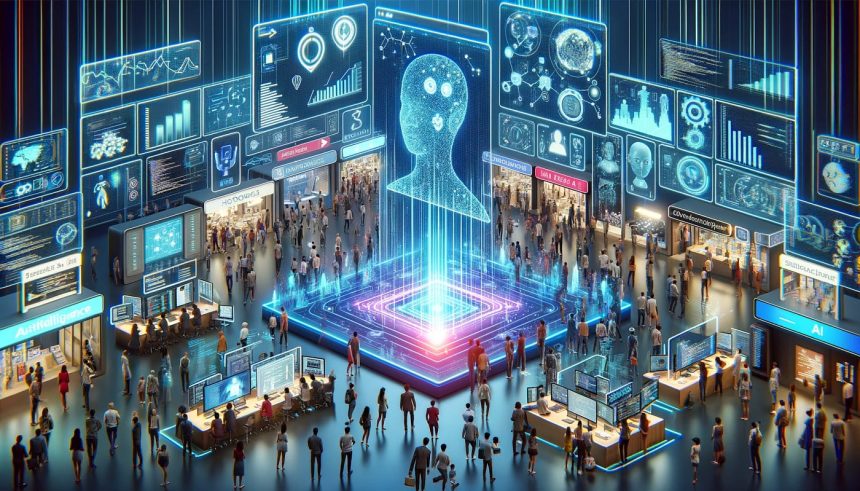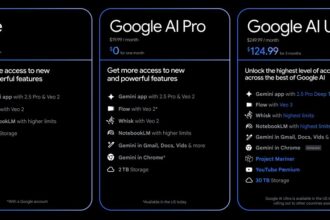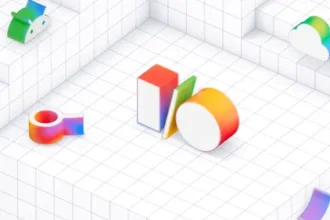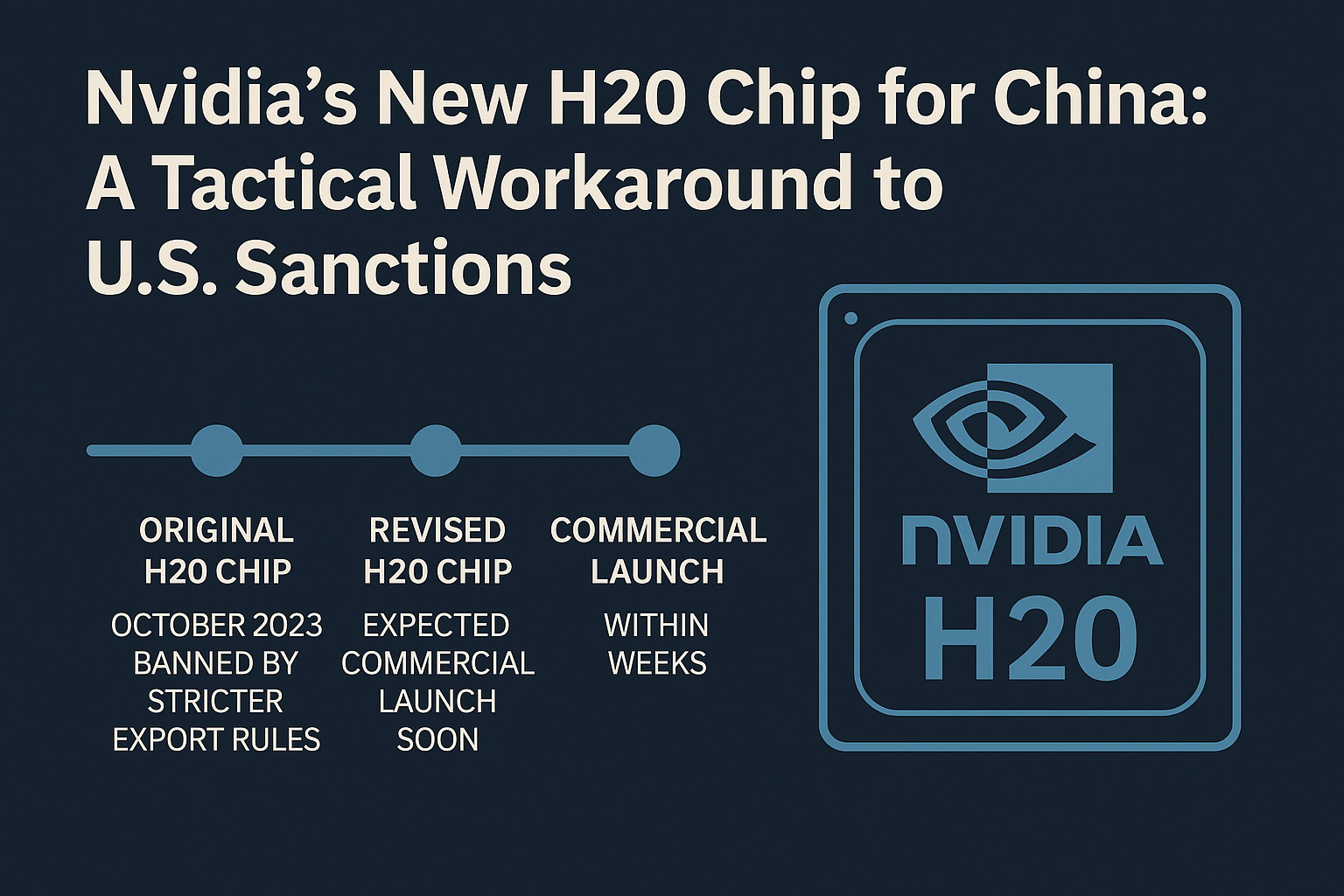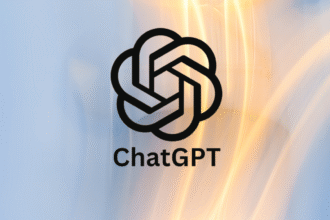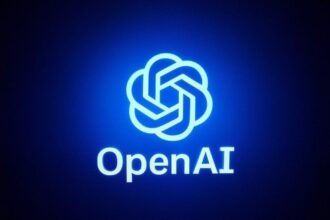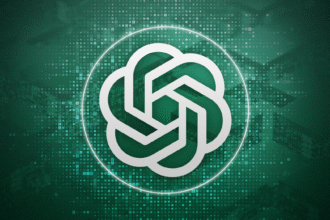The decline and bankruptcy of certain AI companies like Jasper is imminent as OpenAI introduces GPTs.
What are the GPTs you may ask? They are customizable AI tools tailored to a user’s needs and created by the user. On the other hand, the GPT store is a place where you can share your custom-made GPT publicly.
This came from OpenAI’s latest Dev Day during the unveiling of GPT-4 Turbo and the Assistants API.
What really are the GPTs?
To put it in layperson’s terms, imagine ChatGPT which is customized for a particular purpose. For example, a GPT that writes email responses and another that handles all your SEO marketing.
Here is where the magic happens. With OpenAi, they’ve made it easy for anyone to create a custom version of ChatGPT with no coding required. Simply give the AI model relevant and direct instructions, then let it do its work.
The Upside of Building GPTs
Currently, there are three noticeable upgrades to the GPTs over ChatGPT. That is instruction, increased knowledge base, and action. Shall we talk about them?
Instructions
We all know that ChatGPT can generate text from a wide range of perspectives and styles which most times, doesn’t cut it. In most cases, it boils down to giving ChatGPT a role to play for you to get the desired results.
The GPTs, let you describe in detail how you want the chatbot to respond to you, making it stay in character and giving the user a consistent response style and tone.
Increased Knowledge Base
The GPTs are fed extensive knowledge beyond what they train the standard ChatGPT, through text documents as import, which helps to increase the response accuracy for specific prompts.
For example, if you want a GPT that does an inventory check in a store, it would need data on the store database and scanning machines. It is likely a no-code implementation of retrieval of augmented generation (a process where data is stored in a vector database and fed to the LLM).
Action
AI Agents that can do more than generate text are now becoming a thing as more custom AI is being developed.
Earlier this year, AgentGPT, BabyAGI, and AutoGPT became famous in the GitHub space with skyrocketing developer interest. One common feature between them is the ability to draft and execute different tasks.
During the OpenAI Dev Day presentation, the presenter displayed a demo of Zapier. An AI Agent that uses ChatGPT natural language interface to read a calendar and send text messages depending on instructions given.
Sometime in the future, AI agents will do all the heavy lifting while we sit back and relax. But for now, we have many unanswered questions about the capabilities and limitations.
The GPT Store
Think of it as the App Store for GPTs, where you can monetize your GPT without coding skills.
With the GPT Store launch in November 2023, OpenAI anticipates that developers will build useful tools that will impact lives positively.
Privacy, on the other hand, is an issue for some users, as it would seem like developers will have access to their personal information.
OpenAI had the following to say about it. “We assure you that chats will not be shared with builders, and you can certainly decide if your data will be shared with APIs.”
This means that developers of the GPTs have full control and can decide if user chats, will be used to develop the GPT models or not.

